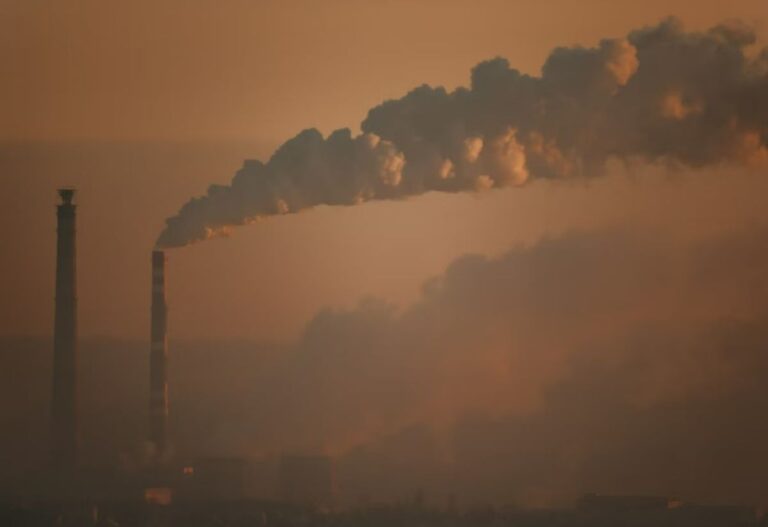In 2015, as nearly two hundred nations around the world approved the Paris Agreement, a significant number of companies planned to expand their production of climate-damaging fuels.
From 2016 to 2022, 117 entities registered in the Carbon Majors database produced 251 billion tons of CO2 emissions, 88% of the total, through the production of fossil fuels and cement.
Since 1854, the two production sectors have generated 1,421 billion tons of CO2 emissions, all of which belong to just 122 entities. This share corresponds to 72% of global CO2 emissions produced from 1751, the year in which measurements began, to 2022.
80%, in particular, is attributable to just 57 entities. State-owned enterprises contributed 38% of emissions, private enterprises 25% and states 37%.
Table of Contents
Since the Paris Agreement, the production of fossil fuels and cement has increased
According to Carroll Muffet, president and CEO of the Center for International Environmental Law (CIEL), «the database makes it much easier to document, calculate and visually demonstrate the growing gap between the urgent demands of climate reality and the continued growth, reckless and intentional, of oil and gas production.”
Precisely in the years in which governments committed to reducing their emissions, state and private companies increased their production. This is especially true in Asia, where the data involves 13 out of 15 companies on the Carbon Majors list.
As well as in the Middle East, where they are 7 out of 10. In Europe 57% of companies are linked to the increase in emissions, in South America 60%, in Australia 75% and in Africa 50%. The only region where the responsibility lies with a (relative) minority of companies (43%) is North America.
Much of the responsibility is linked to state productions
The report also monitors “historical” emissions, i.e. those generated between 1854 and 2022. They are equal to 1,421 billion tonnes of CO2 and are attributable to 122 subjects:
- the States, responsible for 36% of emissions;
- public companies, connected to 33% of cases;
- private ones which instead generate 31% of emissions.
According to the International Energy Agency, between 2015 and 2022, coal consumption increased by 8% and reached its all-time high, with 8.3 billion tonnes in 2022, the year in which CO2 emissions related to energy have reached record levels.
The contribution of private individuals, currently responsible for 28% of emissions, is progressively decreasing. In contrast, the responsibility of public companies (29%) and States (19%) is growing.
The data on climate litigation
First published in 2013 by the Climate Accountability Institute (CAI), the Carbon Majors database is periodically updated by the InfluenceMap research team.
This is a useful dissemination tool on the impacts of fossil fuels and cement production. Over the years it has been used in academic contexts, as a support for the production of laws, but also in courtrooms.
The last edition of the report was among the sources reported by Hagues Falys, the Belgian farmer who sued TotalEnergies over the effects of the climate crisis on his activities. According to Falys, the company, which produces a significant share of global emissions, is responsible for the consequences these have on his life.
The same thesis is supported by Tzeporah Berman, director of the international program of Stand.earth and president of the fossil fuel non-proliferation treaty: «Carbon Majors research shows us exactly who is responsible for lethal heat, extreme climate and pollution atmospheric threat that threatens lives and wreaks havoc in our oceans and forests. These companies have made billions of dollars by denying the problem and delaying and obstructing climate policy.”
Read also: Bioeconomy: what is it and why it will help to eliminate fossil fuels












